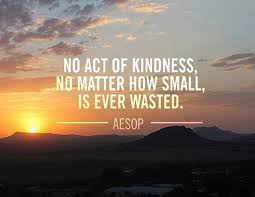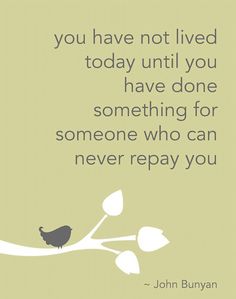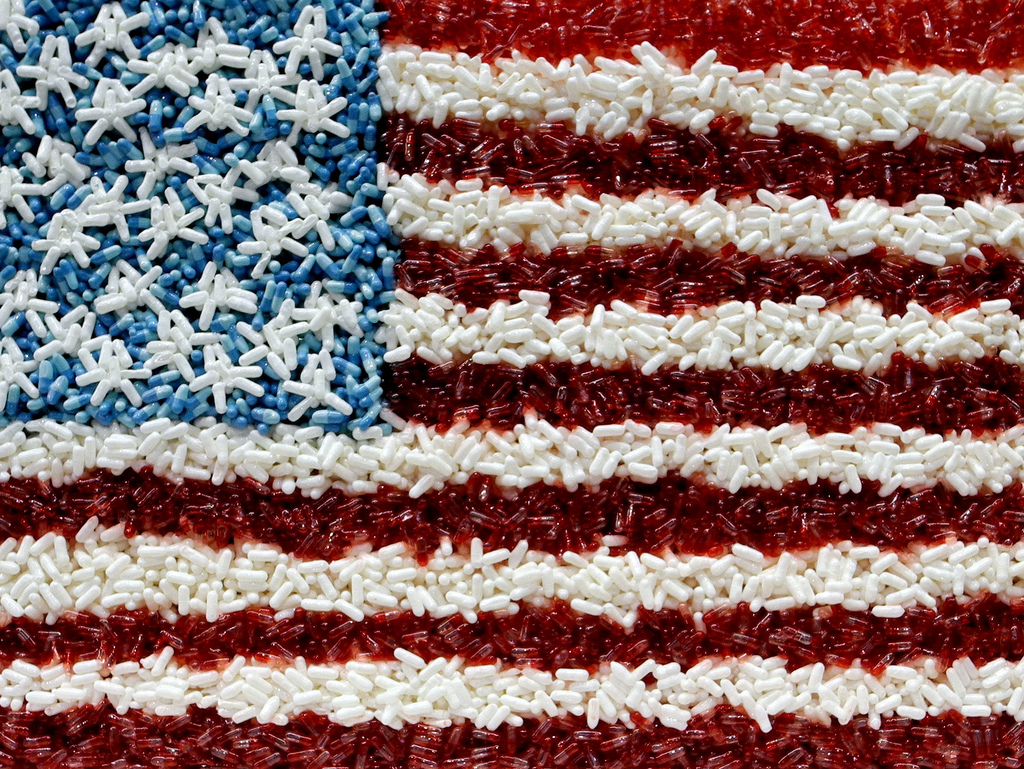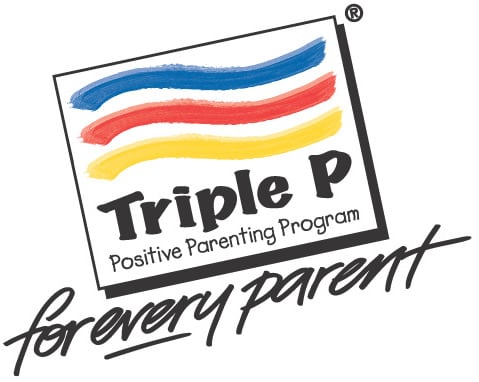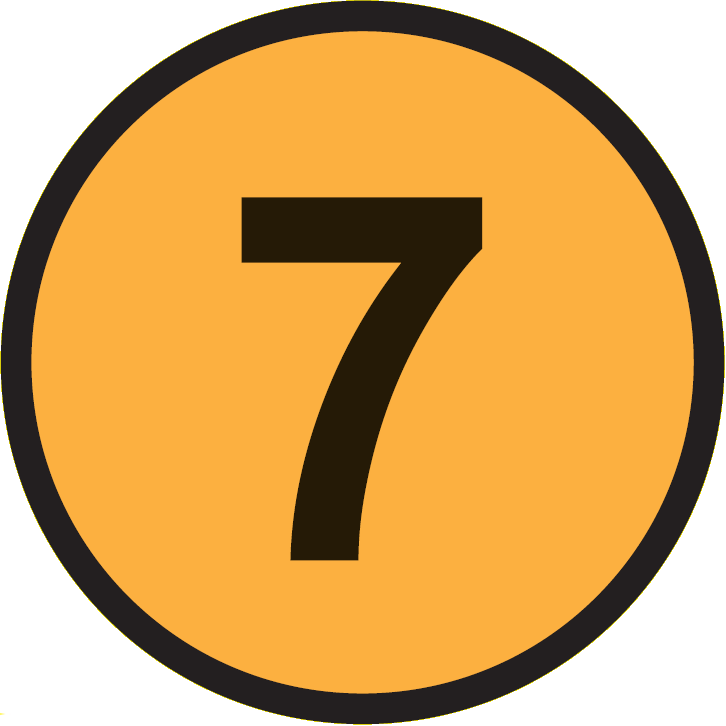Informed Families Catalyst
Topics: education, ambassadors, volunteer in florida
Topics: education, parent involvement, positive parenting, volunteer in florida
President's Message - February 2015
Posted by Peggy B. Sapp, President & CEO on February 26, 2015 at 2:16 PM
WHY SMART KIDS DO DUMB THINGS
11 Wesleyan University students were hospitalized on Sunday after overdosing on Molly, a “pure” form of ecstasy or MDMA, which has increased in popularity among teens in recent years. Two of these students are in critical condition.
"I think that's why it's so shocking because it feels like that could never happen to anyone that you know," Emma Soloman, a Wesleyan freshman, told Connecticut news station WVIT. "It's like no one is going to overdose, you know? Because it's so common, but then when it's in that grand of a scale, it's scarier."
According to the most recent National Survey On Drug Use & Health, about one in eight 18-25 year olds have used MDMA in their lifetime.
When did ecstasy become so “common” on college campuses? How do we protect our children from unhealthy and dangerous norms? Furthermore, how can we equip our kids with tools that will help keep them safe, healthy and drug free when most kids do not believe bad things will happen to them?
Topics: President's Message, parenting, college students, advice, MDMA, molly, ecstasy
How to Tell if Someone You Know is Hooked on Prescription Drugs
Posted by Richard Dimarco Barea on February 25, 2015 at 12:35 PM
We live in a country where the availability of prescription drugs has increased dramatically in our neighborhoods, schools and even in our homes. Both adults and children are susceptible to improperly using prescription drugs, which can be a problem because of the discreet side effects and behaviors that these individuals can hide for months or years, if not seen with a trained eye.
Topics: prescription drug abuse, lock your meds, prescription drugs
Parents, when you hear the word "Molly," pay attention. What sounds like a cute name of one of your child's friends may actual be a very dangerous drug that causes long term damage. Learn more as we cover one of the latest drug trends.
Topics: drug trends, prescription drug abuse, MDMA, club drugs, molly
"Connectors" are dedicated volunteers who share Informed Families' prevention message with their vast network of contacts to help expand the organization's reach. Deborah Montilla, executive director of the Miami-Dade County Public Schools' Division of Student Services and Vice Chairman of the Informed Families Board of Trustees, is a Connector extraordinaire and this month's spotlighted Connector.
Topics: red ribbon week, pledges, ambassadors, campaigns, high school, orlando
Introducing The 2015 Red Ribbon Theme: Respect Yourself. Be Drug Free™
Posted by Informed Families on February 23, 2015 at 1:13 PM
The 2015 National Red Ribbon theme is “Respect Yourself. Be Drug Free.”
“Respecting yourself means looking at yourself every day and treating yourself like you would treat someone you loved most in the world,” said Kristofer, 13. “If you do drugs, you really don’t have self-confidence and you don’t respect yourself."
Topics: red ribbon, red ribbon week, red ribbon theme, 2015 red ribbon theme
5 Ways To Encourage Our Children To Be Creative
Posted by Matt Sanders, Triple P Positive Parenting Program on February 19, 2015 at 2:17 PM
The traditional view of children out in the backyard laughing while running around playing games is indeed a good antidote for too much indoors computer time, but we need to also remember that an interest in creative arts such as music, dance, drama, painting, drawing and sculpture are just as important to our child’s development.
Topics: parenting, parent involvement, positive parenting, communication, creative arts, arts, painting, music
Volunteering is a great way to make a difference and connect with others! Informed Families has developed a tight-knit community of hundreds of Prevention Ambassadors in Florida who have served and received the benefits of volunteerism for over 30 years. While everyone volunteers for different reasons, there are three motivations that drive us to lend our time:
- Personal Growth
- Familial Development
- Community Involvement
Your volunteering choices should be based on your desire to impact others, but can also help you grow, improve your connections with family and members of the community.
Topics: volunteer, volunteer in florida
7 Important Facts About Prescription Drug Abuse
Posted by Richard Dimarco Barea on January 30, 2015 at 3:20 PM
While the news headlines are dominated by illicit drugs like Cocaine, Meth and Heroin, the sleeping giant of prescription drug abuse has cased more overdose deaths than all of these combined.
Here are 7 important facts about Prescription Drug Abuse:
Topics: prescription drug abuse, lock your meds, prescription drugs
